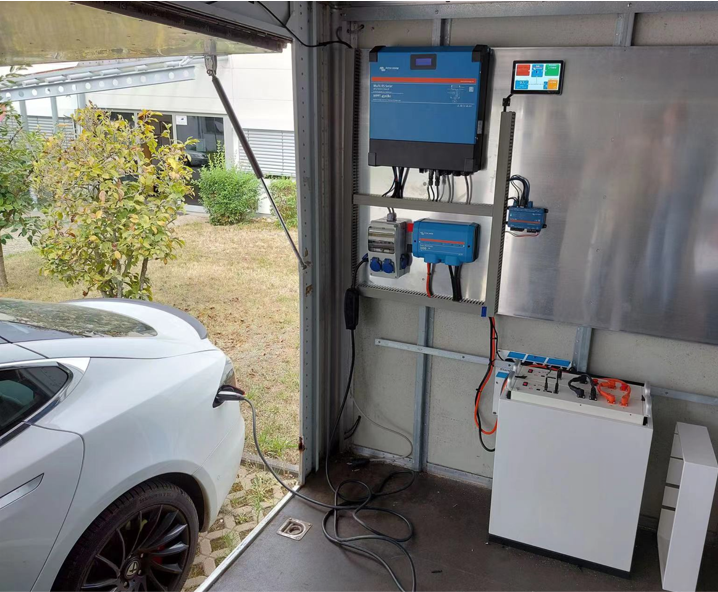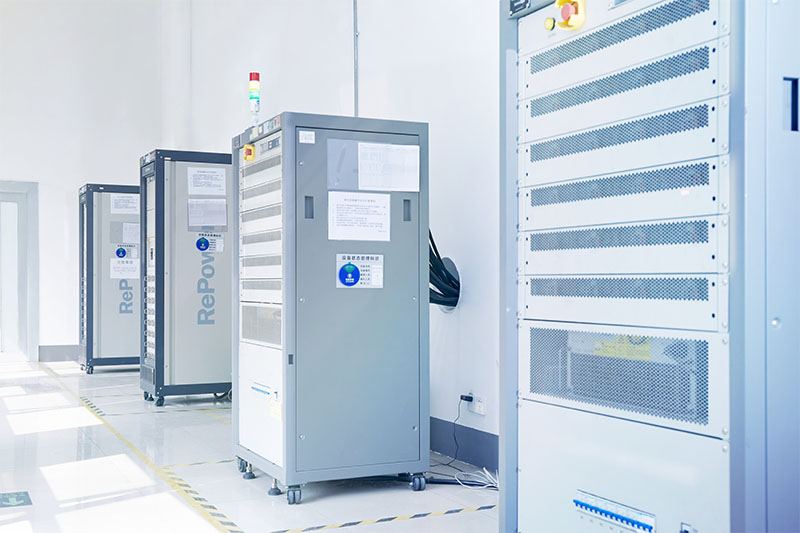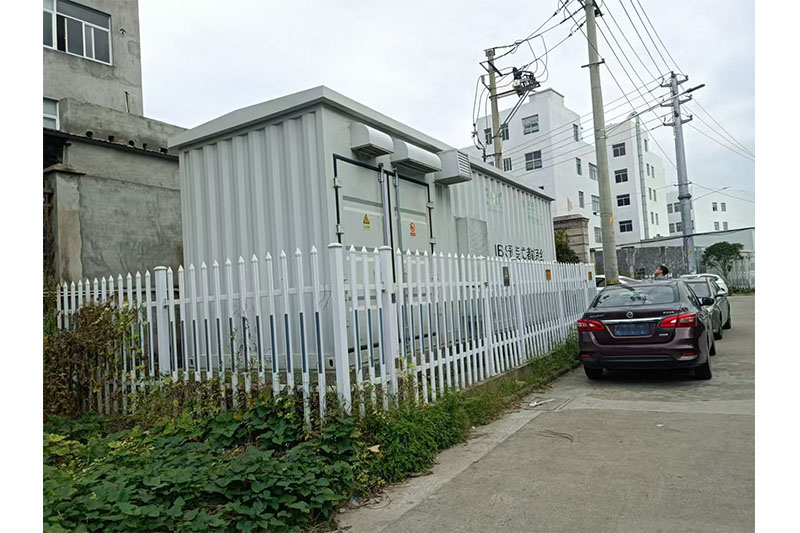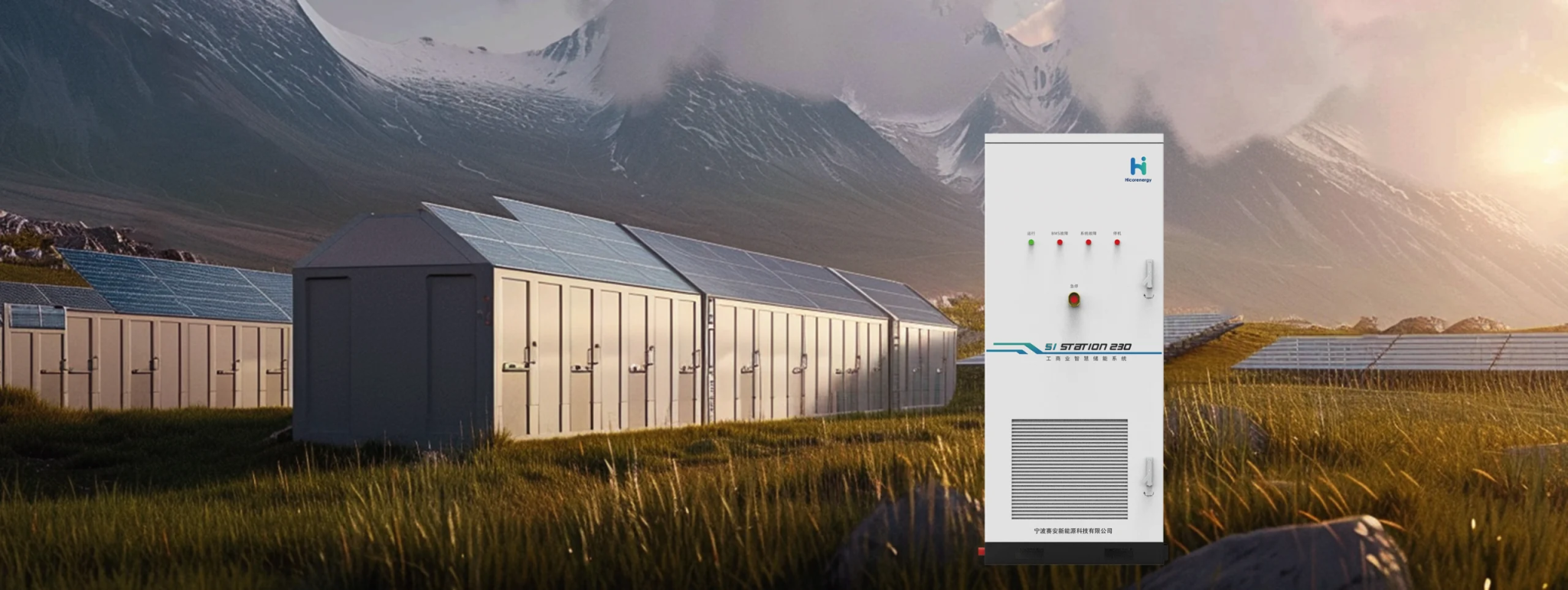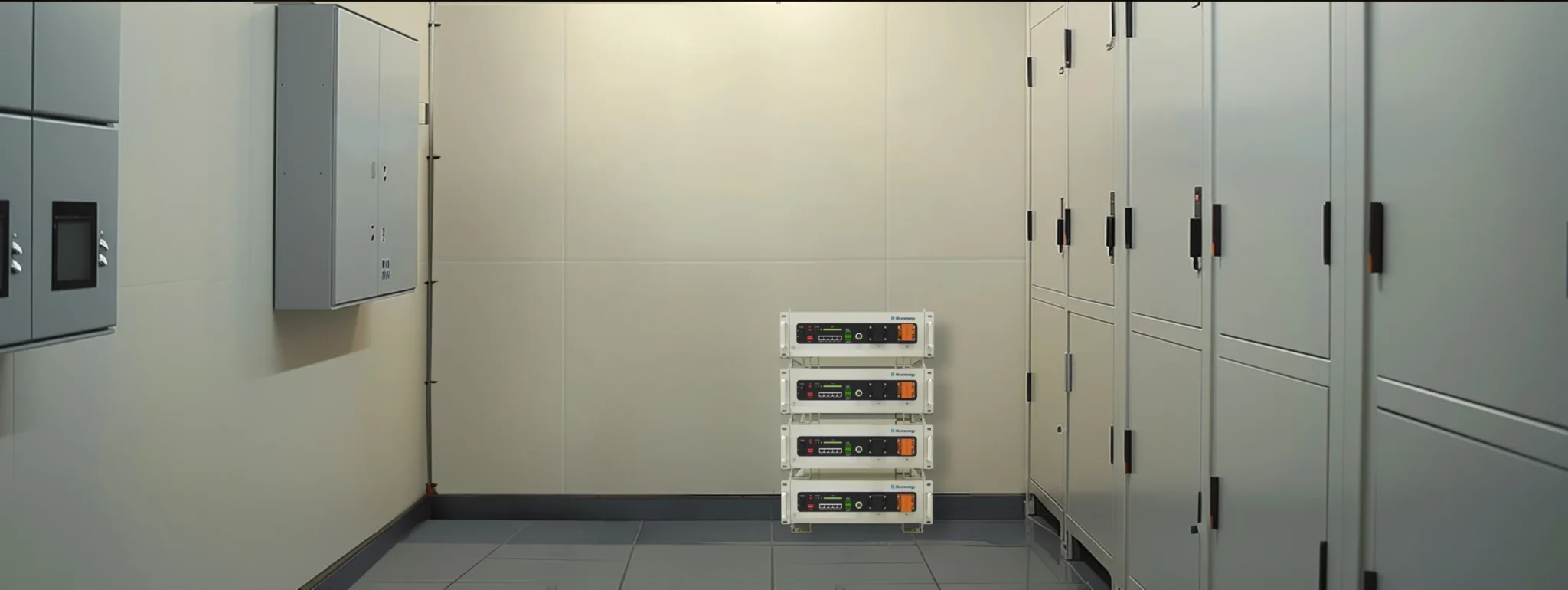Top Battery Energy Storage System Suppliers in China
China leads the battery energy storage industry with companies like CATL, BYD, and Hicorenergy delivering cutting-edge solutions worldwide.
Hicorenergy: Leading Renewable Energy Innovations
Hicorenergy delivers high-quality energy storage solutions tailored to diverse needs. From residential to commercial applications, its innovative systems are revolutionizing energy storage globally.
Explore the top battery energy storage system manufacturers shaping the energy landscape in 2025 and beyond.
Top 8 Battery Energy Storage System Suppliers in 2025
CATL
CATL stands out as the world’s largest lithium-ion battery manufacturer and a pioneer in the energy storage industry. Based in Ningde, China, the company specializes in high-capacity batteries for electric vehicles (EVs), residential energy storage systems, and large-scale grid applications.
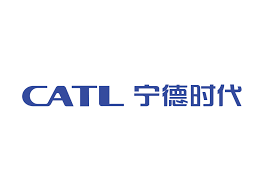
Key Achievements:
- Market leader in energy storage battery production, contributing over 30% of global capacity.
- Significant advancements in sodium-ion battery technology, promising lower costs and improved energy density.
- Strategic partnerships with global automakers and renewable energy developers, expanding its market reach across North America, Europe, and Asia.
Major Businesses:
- Development of grid-scale energy storage solutions to enhance power grid stability.
- Investments in recycling initiatives to promote sustainability and reduce raw material dependency.
- Production of batteries for EVs, with a focus on longer lifespans and improved safety features.
Tesla
Tesla’s contribution to the energy storage industry is unparalleled. Its Powerwall (residential) and Powerpack (commercial) products integrate seamlessly with solar energy systems, enabling efficient energy management and independence from the grid.

Key Achievements:
- Industry-leading battery efficiency and scalability for residential and grid applications.
- Active deployment of large-scale storage systems, such as the Hornsdale Power Reserve in Australia.
- Pioneering efforts in V2G (vehicle-to-grid) technologies, enhancing energy flexibility.
BYD
As one of the most versatile energy companies, BYD is a leader in lithium iron phosphate (LFP) batteries, favored for their safety and durability. BYD’s energy storage systems cater to residential, commercial, and industrial applications.
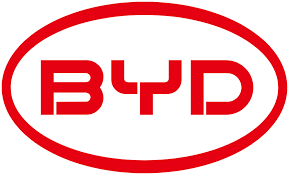
Major Businesses:
- Production of safe, long-lasting LFP batteries for energy storage and EVs.
- Grid-scale solutions designed to stabilize energy supply and improve renewable energy integration.
- A focus on expanding global reach through strategic partnerships.
LG Energy Solution
LG Energy Solution is known for its high-performance batteries and energy storage systems for residential, industrial, and utility-scale applications. The company places a strong emphasis on safety and product reliability.
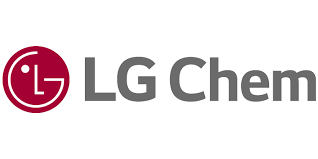
Key Achievements:
- Advanced battery management systems (BMS) for optimal performance and extended life.
- Active development of solid-state battery technology to improve energy density and safety.
Samsung SDI
Samsung SDI is a major player in energy storage, focusing on high-capacity batteries with excellent energy density and longevity. Its solutions cater to both consumer and industrial markets.

Key Highlights:
- Development of scalable battery modules for large-scale energy storage projects.
- Consistent focus on improving cycle life and environmental sustainability.
Hicorenergy
Combining quality, scalability, and sustainability, Hicorenergy’s energy storage systems are compatible with major inverters, ensuring adaptability across markets. Its innovative technologies include real-time monitoring and modular designs.

Enphase Energy
Enphase specializes in residential energy storage, offering systems that integrate seamlessly with solar panels. Its products emphasize energy independence and user-friendly interfaces.

Sonnen
Sonnen provides intelligent residential battery energy storage solutions that support grid independence and sustainability. Its focus on innovation and community energy solutions sets it apart in the global market.

Battery Energy Storage Market Size in 2025
The battery energy storage market is set to exceed $35 billion by 2025. This growth is driven by renewable energy expansion, technological advancements, and cost reductions in lithium-ion batteries. Battery energy storage systems help stabilize grids, optimize energy use, and ensure reliable power during peak demand, making them essential for modern energy strategies.
Growth in Africa and Key Market Drivers
Africa is emerging as a significant market for battery energy storage solutions. With rapid urbanization and increasing renewable energy projects, the demand for energy storage systems has surged. Key drivers include:
- Unstable electricity supply: Frequent outages and limited grid access make battery energy storage systems indispensable for residential and commercial sectors.
- Renewable energy projects: Solar and wind installations in countries like Kenya and Morocco are increasing the need for efficient storage solutions.
- Affordability: The declining cost of lithium-ion batteries has made advanced energy storage accessible to more regions.
Despite logistical challenges and regulatory barriers, Africa’s potential is enormous, supported by partnerships with global battery energy storage companies.
Global Market Expansion and Emerging Opportunities
The global battery energy storage market is expanding rapidly, with Asia-Pacific leading in production and deployment. North America and Europe are investing heavily in grid-scale storage systems to support renewable energy integration.
Emerging opportunities include:
- Electric vehicles (EVs): Battery storage systems are integral to EV charging infrastructure and vehicle-to-grid (V2G) technology.
- Off-grid and microgrid solutions: These systems provide reliable energy for remote areas and islands dependent on renewable energy.
- Hybrid energy systems: Combining solar, wind, and storage systems for enhanced energy efficiency and cost savings.
Battery energy storage suppliers are innovating with next-generation technologies like solid-state batteries and improving digital tools for monitoring and maintenance.
Impact of Policies and Investments
Supportive government policies and investments are shaping the battery energy storage industry. Key examples include:
- U.S. initiatives: Tax credits and grants under the Inflation Reduction Act promote both residential and commercial storage solutions.
- European Green Deal: Aims to achieve carbon neutrality with substantial investments in energy storage.
- China’s policies: Focus on renewable energy storage as part of its five-year plans, backed by government incentives and subsidies.
Private sector investments are equally critical, with companies prioritizing sustainability and innovation to meet growing energy demands.
The Future of Battery Energy Storage
The future of battery energy storage is transformative, with advancements in technology and applications:
- Innovations in battery technology: Solid-state and sodium-ion batteries promise better performance, cost-efficiency, and safety.
- Circular economy initiatives: Recycling and repurposing battery components enhance sustainability.
- Integration with smart grids: Real-time data and AI-driven solutions improve energy efficiency and management.
Battery energy storage systems will continue to be a cornerstone of global energy strategies, supporting the transition to a sustainable and resilient energy future.
Conclusion
The battery energy storage market is evolving rapidly, driven by innovation and growing demand for efficient energy solutions globally.


